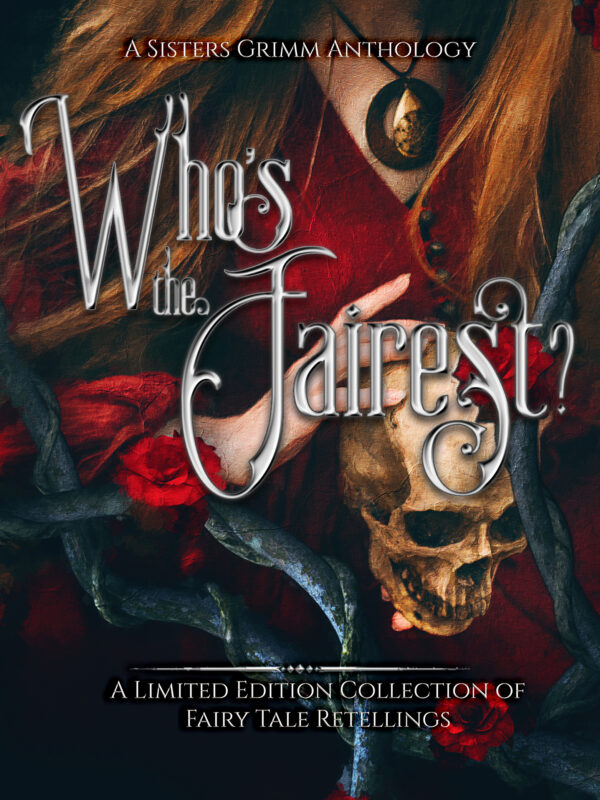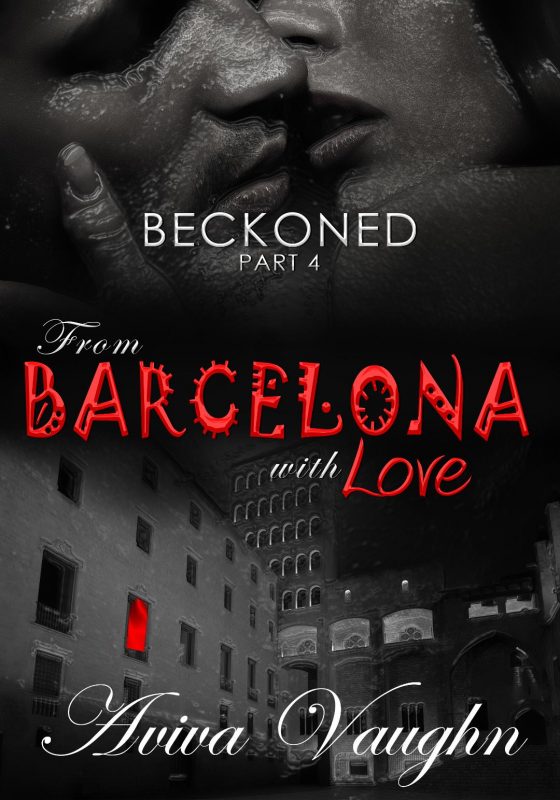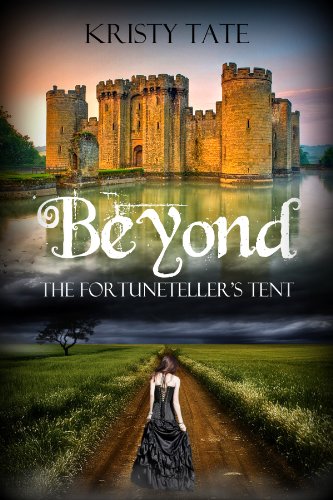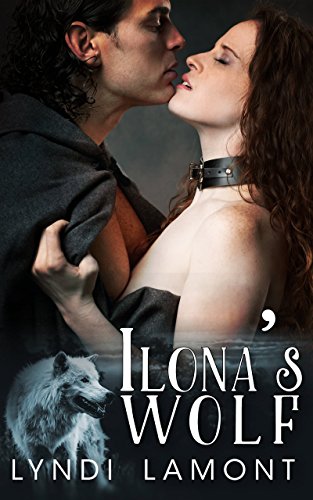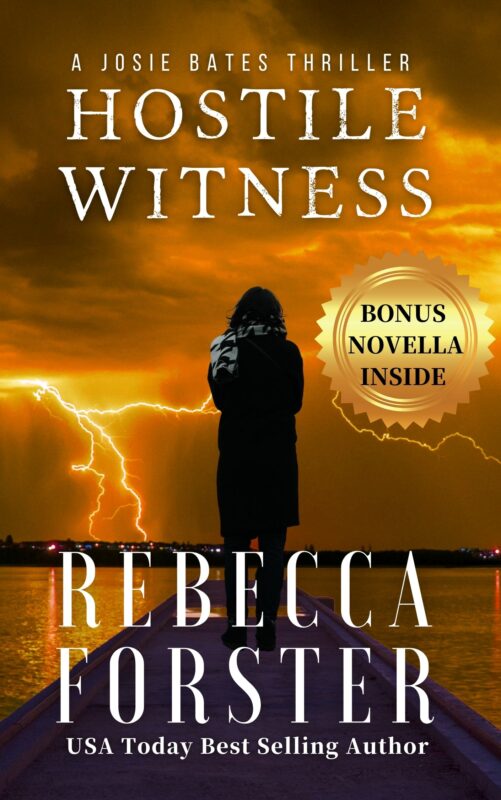Morality and Honor: Social Mores in Historical Romance
August 17, 2014 by Linda McLaughlin in category The Romance Journey by Linda Mclaughlin tagged as herstory, historical romance, Linda McLaughlin, morality, research, social mores, writingI was overly ambitious while writing my talk for last Saturday’s OCC/RWA meeting on Herstory: Writing and Researching the Historical Novel, so I’m going to excerpt some of the material I had to omit in my monthly blog post. This month, social mores.
 One of the biggest traps historical novelists can fall into is writing historical characters with 21st century mores. And nothing can make the reader want to throw a book across the room quicker. This especially applies to women. The double standard still exists, but it was much greater in previous centuries.
One of the biggest traps historical novelists can fall into is writing historical characters with 21st century mores. And nothing can make the reader want to throw a book across the room quicker. This especially applies to women. The double standard still exists, but it was much greater in previous centuries.War and social unrest have always upset the normal patterns of life, and social mores tend to fall by the wayside during such periods. Still, a historical female character who shows no regard for her reputation isn’t believable unless she’s already a fallen woman and has no reputation to lose. Personally, I don’t necessarily mind a heroine who flaunts society’s rules; I just need to believe that she knows what she is doing and is well motivated in her choices. The woman who doesn’t understand the consequences of her actions strains credibility. Women had a lot more to lose in the not-so-good old days. It’s especially tricky when you have a virginal heroine. People in those days set great store in virginity. But if we’re going to write sensual or erotic historical romance, we need to find a way for our heroines to bypass those restrictions.
Though the concepts may seem rather old-fashioned nowadays, honor and integrity were more important in the past, esp. for men of the upper classes. One of my favorite scenes in Downton Abbey is the one where the Earl of Grantham tries to buy off chauffeur Tom Branson if he will leave Sybil alone. Tom refuses and informs the earl that men in his class are’t the only ones with honor. Point, Tom!
However, morality did tend to vary by class. Upper and middle-class children were taught their manners and the difference between right and wrong while poor kids just tried to survive. In his childrens novel, The Shakespeare Stealer, Gary Blackwood introduces us to Widge, an orphan boy apprenticed to a dishonest clergyman. Dr. Bright teaches Widge a form of shorthand he has developed and then sends the boy to write down other vicar’s sermons. One Sunday, Widge hears Bright deliver one of the sermons he’d copied. At first, Widge doesn’t think too much about it. As he puts it, “As nearly as I could tell, Right was what benefited you, and anything which did you harm was Wrong.”
In George Bernard Shaw’s Pygmalion, the basis for My Fair Lady, Eliza’s father, Alfred P. Doolittle, talks about the undeserving poor and opines on middle class morality.
Morality and honor sometimes require our characters to act against their own best interests, which can be great for conflict.
So how do you know what the social mores of your period were? And how likely were they to be ignored?
See what was going on in the period. As I said, social mores often go out the window in wartime. And history being somewhat cyclical, periods of repression are usually followed by periods of licentiousness, like the English Restoration, a bawdy reaction to the moral restrictions of the preceding Puritan regime of Oliver Cromwell.
Also consider the prevailing religion of the time and location of your book. That will often provide guidance. Moral standards in Puritan New England and Cavalier Virginia during the Colonial period were quite different.
Look for etiquette books for the social niceties. For the Regency period, check out The Mirror of the Graces by A Lady of Distinction, first published in 1811. I have a paperback copy, but it’s available in e-book format format. Google etiquette and your period and you will likely find a lot of choices.
For those who missed the August meeting, I’ve added pages at the Reference Shelf on blog with two of my handouts. Primogeniture still to come.
British Titles: A Brief and Incomplete Guide
Source Books for Historical Writers: A Partial List
Feel free to leave questions and comments below.
Linda McLaughlin / Lyndi Lamont
0 0 Read moreAffiliate Links
A Slice of Orange is an affiliate with some of the booksellers listed on this website, including Barnes & Nobel, Books A Million, iBooks, Kobo, and Smashwords. This means A Slice of Orange may earn a small advertising fee from sales made through the links used on this website. There are reminders of these affiliate links on the pages for individual books.
Search A Slice of Orange
Find a Column
Archives
Featured Books
BECKONED, PART 4: FROM BARCELONA WITH LOVE
It was never going to be easy.
More info →BEYOND THE FORTUNETELLER’S TENT
When Petra Baron goes into the fortuneteller’s tent at a Renaissance fair, she expects to leave with a date to the prom.
More info →ILONA’S WOLF
Imagine a world filled with magic, a tormented knight, a damsel in distress, an evil sorcerer...
More info →HOSTILE WITNESS
A Prominent judge is dead; a sixteen-year-old girl is charged.
More info →Newsletter
Contributing Authors
Search A Slice of Orange
Find a Column
Archives
Authors in the Bookstore
- A. E. Decker
- A. J. Scudiere
- A.J. Sidransky
- Abby Collette
- Alanna Lucus
- Albert Marrin
- Alice Duncan
- Alina K. Field
- Alison Green Myers
- Andi Lawrencovna
- Andrew C Raiford
- Angela Pryce
- Aviva Vaughn
- Barbara Ankrum
- Bethlehem Writers Group, LLC
- Carol L. Wright
- Celeste Barclay
- Christina Alexandra
- Christopher D. Ochs
- Claire Davon
- Claire Naden
- Courtnee Turner Hoyle
- Courtney Annicchiarico
- D. Lieber
- Daniel V. Meier Jr.
- Debra Dixon
- Debra H. Goldstein
- Debra Holland
- Dee Ann Palmer
- Denise M. Colby
- Diane Benefiel
- Diane Sismour
- Dianna Sinovic
- DT Krippene
- E.B. Dawson
- Emilie Dallaire
- Emily Brightwell
- Emily PW Murphy
- Fae Rowen
- Faith L. Justice
- Frances Amati
- Geralyn Corcillo
- Glynnis Campbell
- Greg Jolley
- H. O. Charles
- Jaclyn Roché
- Jacqueline Diamond
- Janet Lynn and Will Zeilinger
- Jaya Mehta
- Jeff Baird
- Jenna Barwin
- Jenne Kern
- Jennifer D. Bokal
- Jennifer Lyon
- Jerome W. McFadden
- Jill Piscitello
- Jina Bacarr
- Jo A. Hiestand
- Jodi Bogert
- Jolina Petersheim
- Jonathan Maberry
- Joy Allyson
- Judy Duarte
- Justin Murphy
- Justine Davis
- Kat Martin
- Kidd Wadsworth
- Kitty Bucholtz
- Kristy Tate
- Larry Deibert
- Larry Hamilton
- Laura Drake
- Laurie Stevens
- Leslie Knowles
- Li-Ying Lundquist
- Linda Carroll-Bradd
- Linda Lappin
- Linda McLaughlin
- Linda O. Johnston
- Lisa Preston
- Lolo Paige
- Loran Holt
- Lynette M. Burrows
- Lyssa Kay Adams
- Madeline Ash
- Margarita Engle
- Marguerite Quantaine
- Marianne H. Donley
- Mary Castillo
- Maureen Klovers
- Megan Haskell
- Melanie Waterbury
- Melisa Rivero
- Melissa Chambers
- Melodie Winawer
- Meriam Wilhelm
- Mikel J. Wilson
- Mindy Neff
- Monica McCabe
- Nancy Brashear
- Neetu Malik
- Nikki Prince
- Once Upon Anthologies
- Paula Gail Benson
- Penny Reid
- Peter Barbour
- Priscilla Oliveras
- R. H. Kohno
- Rachel Hailey
- Ralph Hieb
- Ramcy Diek
- Ransom Stephens
- Rebecca Forster
- Renae Wrich
- Roxy Matthews
- Ryder Hunte Clancy
- Sally Paradysz
- Sheila Colón-Bagley
- Simone de Muñoz
- Sophie Barnes
- Susan Kaye Quinn
- Susan Lynn Meyer
- Susan Squires
- T. D. Fox
- Tara C. Allred
- Tara Lain
- Tari Lynn Jewett
- Terri Osburn
- Tracy Reed
- Vera Jane Cook
- Vicki Crum
- Writing Something Romantic
Affiliate Links
A Slice of Orange is an affiliate with some of the booksellers listed on this website, including Barnes & Nobel, Books A Million, iBooks, Kobo, and Smashwords. This means A Slice of Orange may earn a small advertising fee from sales made through the links used on this website. There are reminders of these affiliate links on the pages for individual books.

